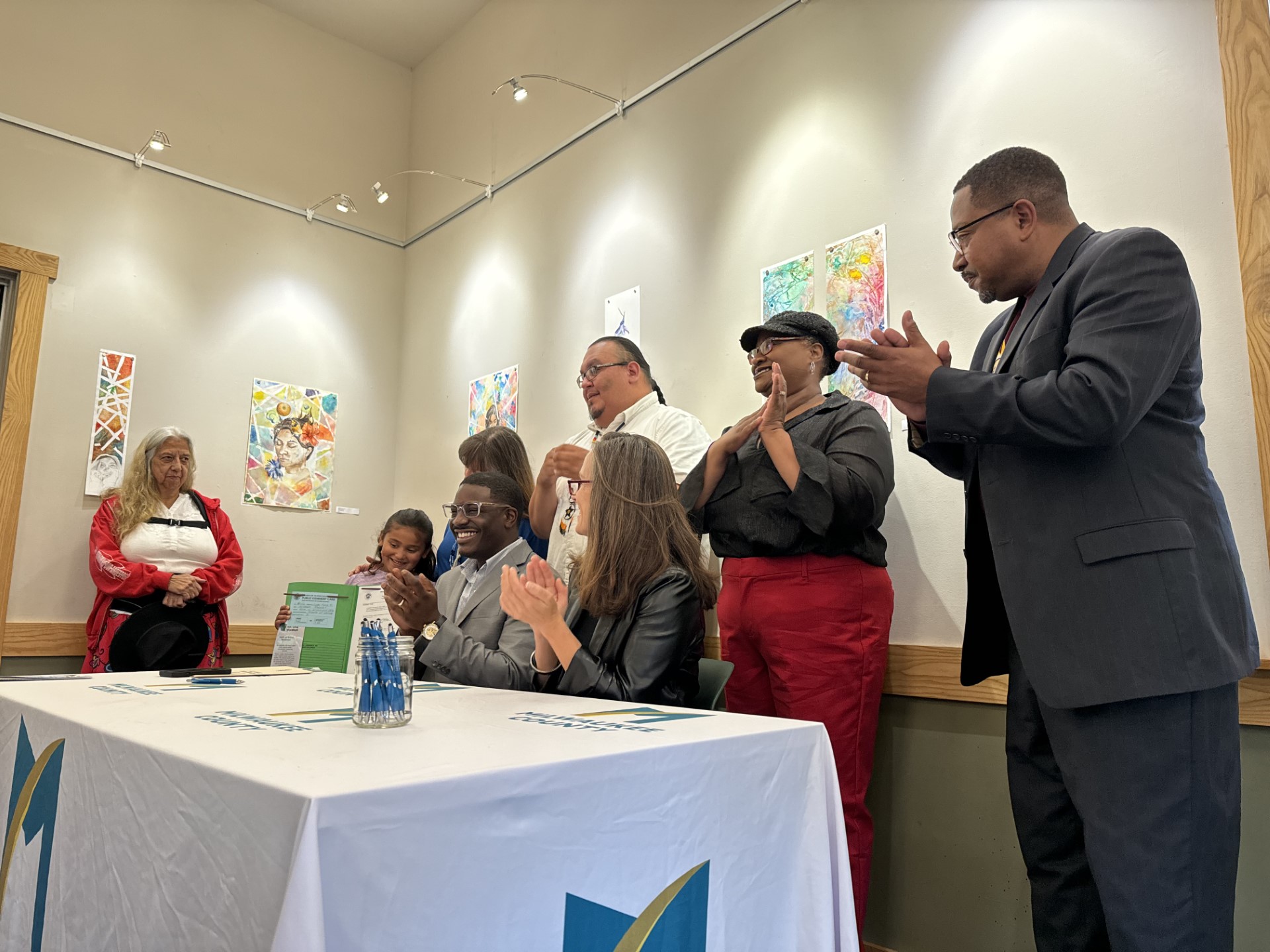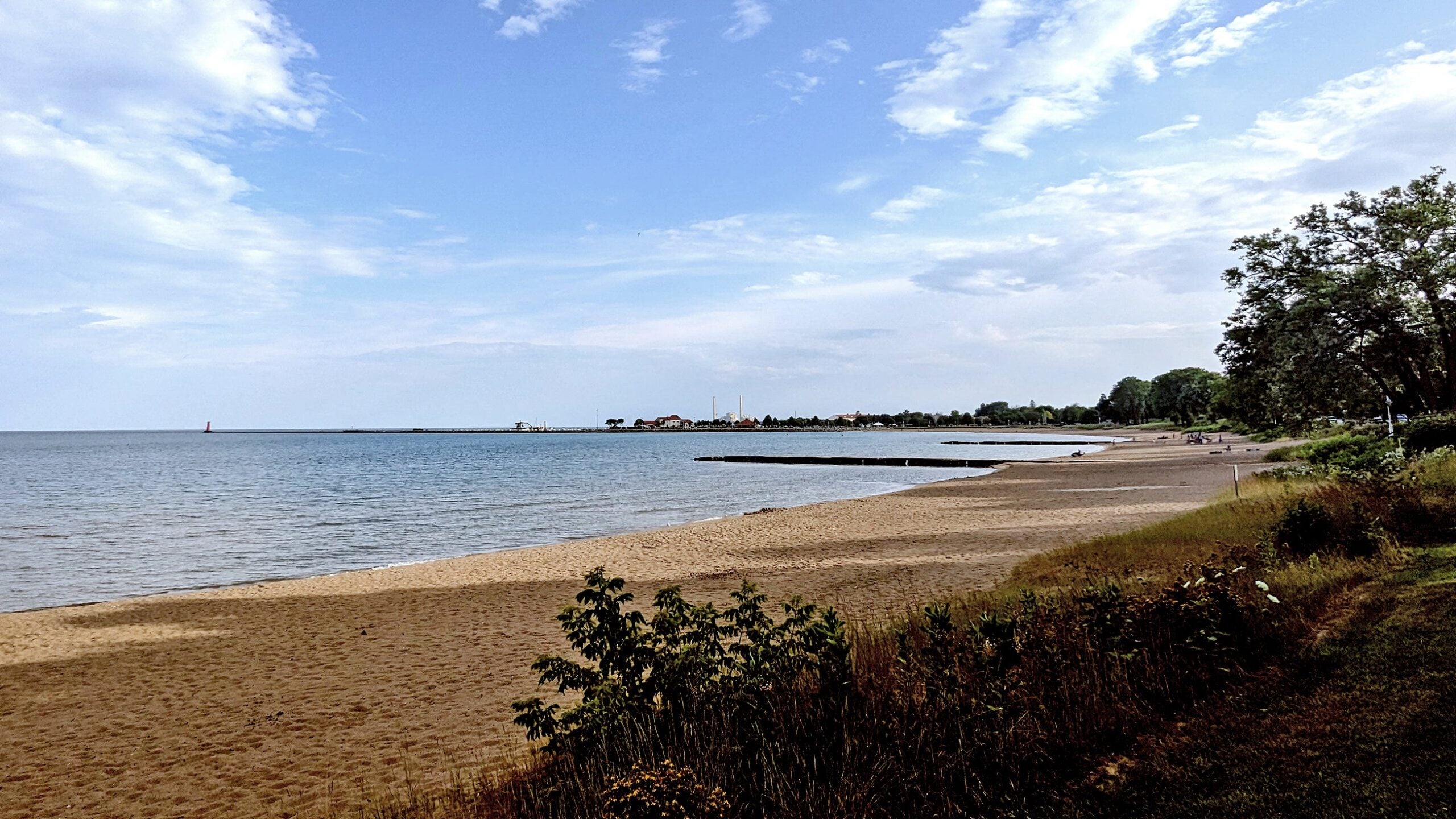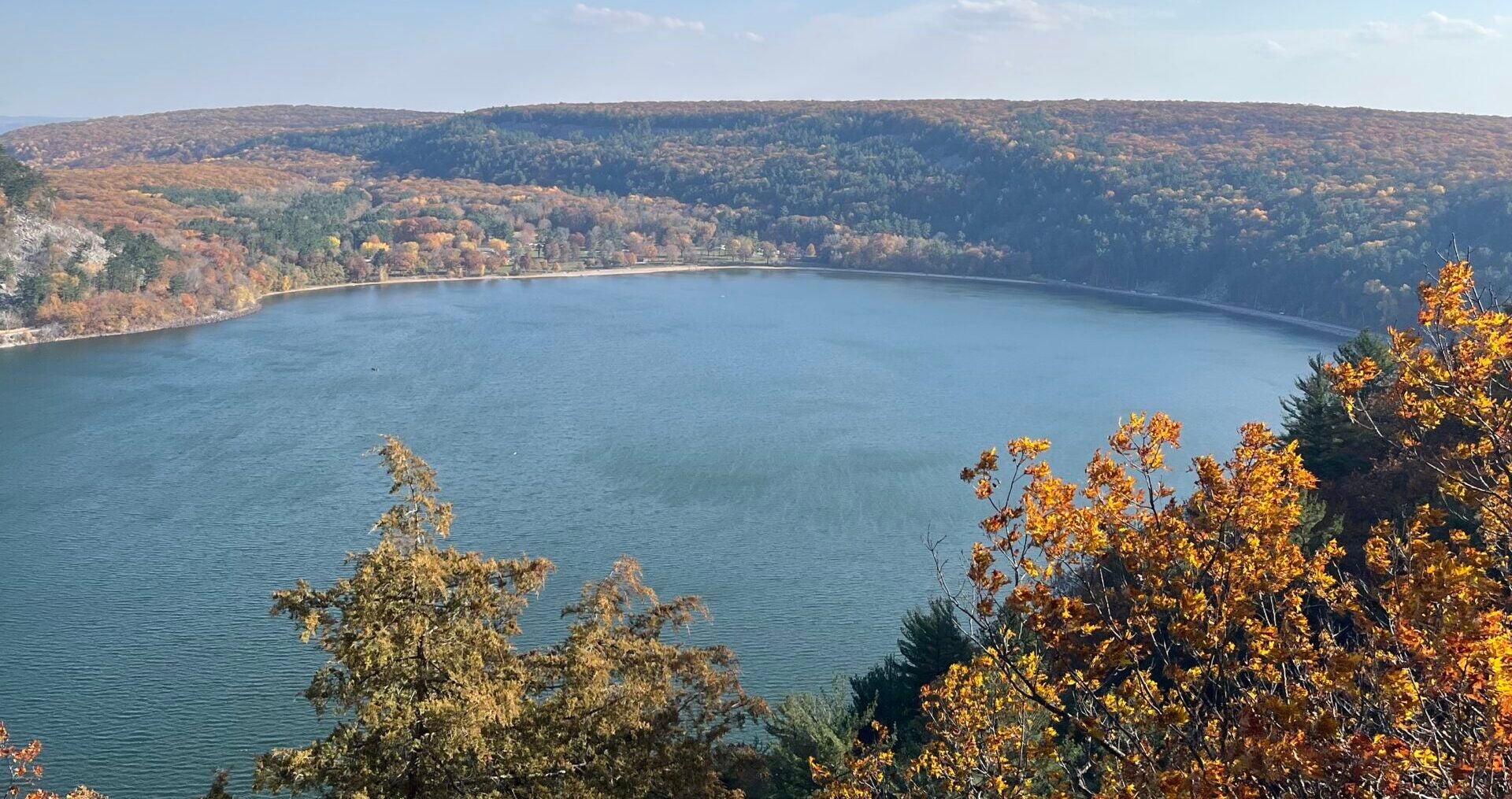Milwaukee County is the first county in Wisconsin to pass a “Rights of Nature” resolution aimed at ensuring “human activities do not interfere with nature and its ability to be healthy, robust and resilient.”
Milwaukee County Executive David Crowley signed the resolution Friday following its approval by the Milwaukee County Board of Supervisors. It doesn’t take any specific action, but Crowley said the goal is simple: “To state clearly and unequivocally that Milwaukee County land and waterways deserves to be protected and maintained, to be healthy, robust and resilient,” he said before signing the resolution.
Rights of nature is a global movement with roots in the Indigenous community. It’s broadly aimed at making sure nature has the same legal protections humans do. Guy Reiter, the executive director of the Menominee Indian Tribe community organization Menīkānaehkem, Inc., is a leader with Wisconsin’s Rights of Nature movement.
News with a little more humanity
WPR’s “Wisconsin Today” newsletter keeps you connected to the state you love without feeling overwhelmed. No paywall. No agenda. No corporate filter.
“It’s a love for the earth, and really it’s a love for nature and recognizing that right now, there are really no laws designed to defend it,” Reiter said. “Hopefully, people can understand that we have to be able to speak up for those that don’t have a voice and this is an opportunity to do that.”
Milwaukee County Supervisor Liz Sumner is the author of resolution. She said it’s the result of several weeks of discussion after Rights of Nature Wisconsin reached out to the county earlier in the year.
Sumner also said that although the resolution doesn’t take any action, that it’s still a “great first step,” and an endorsement of the global movement. She wants to see other communities across the state pass similar resolutions.
“It’s the first step in awareness,” Sumner said. “It’s basically acknowledging the rights of water and nature, that they are basically living, breathing entities that we don’t need to pillage.”
In 2015, the Ho-Chunk Nation added a “rights of nature” declaration to its constitution in an effort to protect ceremonial grounds and other lands. In 2018, the Ho-Chunk Nation voted to amend their tribal constitution to enshrine the rights of nature, becoming the first tribal nation in the United States to take that step.
The rights of nature movement has also had some legal success across the globe, as Bangladesh became the first country in 2019 to grant all of its rivers the same legal status as humans, according to NPR. In 2008, Ecuador became the first country to enshrine the legal rights of nature in its constitution.
Reiter said the concept has deep ties to Indigenous communities.
“This particular idea is hopefully centering Indigenous thought, Indigenous philosophy, and Indigenous minds and getting those types of ideas into governing documents of tribes, of counties and hopefully the state and hopefully at some point the federal government,” he said.
Wisconsin Public Radio, © Copyright 2026, Board of Regents of the University of Wisconsin System and Wisconsin Educational Communications Board.







